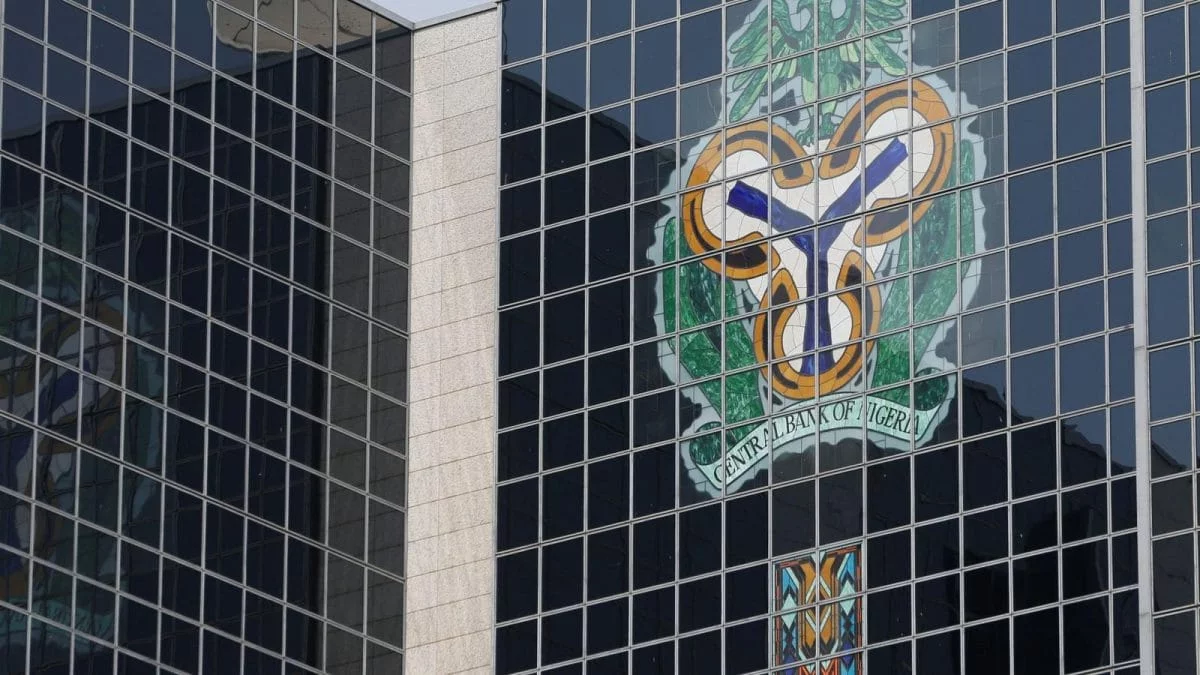In a move to improve Nigeria’s foreign exchange (FX) market, the central bank (CBN) has stopped banks from conducting international money transfers and won’t issue new licences to fintech startups for such operations.
The CBN revised guidelines, increasing International Money Transfer Operator (IMTO) approval fees to N10 million. The rules set a $1 million minimum operating capital for foreign IMTOs and their naira equivalent for local counterparts.
While the impact on fintech companies with existing international money transfer licences remains unclear, the CBN emphasised its aim to liberalise the FX market and enhance transparency.
Commercial banks are now permitted to act as agents for international money transfer services. Additionally, the CBN removed the cap on FX transactions, allowing IMTOs to use the prevailing rate at the official market.
The central bank’s recent measures are part of broader policy reforms to address liquidity challenges in Nigeria’s FX market, stimulate diaspora remittances, and attract foreign capital.
Banks were directed to limit FX exposure and sell excess dollars after a significant drop in the official naira rate.
Despite previous devaluation and a decision to float the Naira, increased volatility persists as the CBN works to clear a substantial backlog, estimated to be between $5 to $7 billion.
The CBN is optimistic about resolving these issues promptly to restore confidence in the Nigerian foreign exchange markets.




